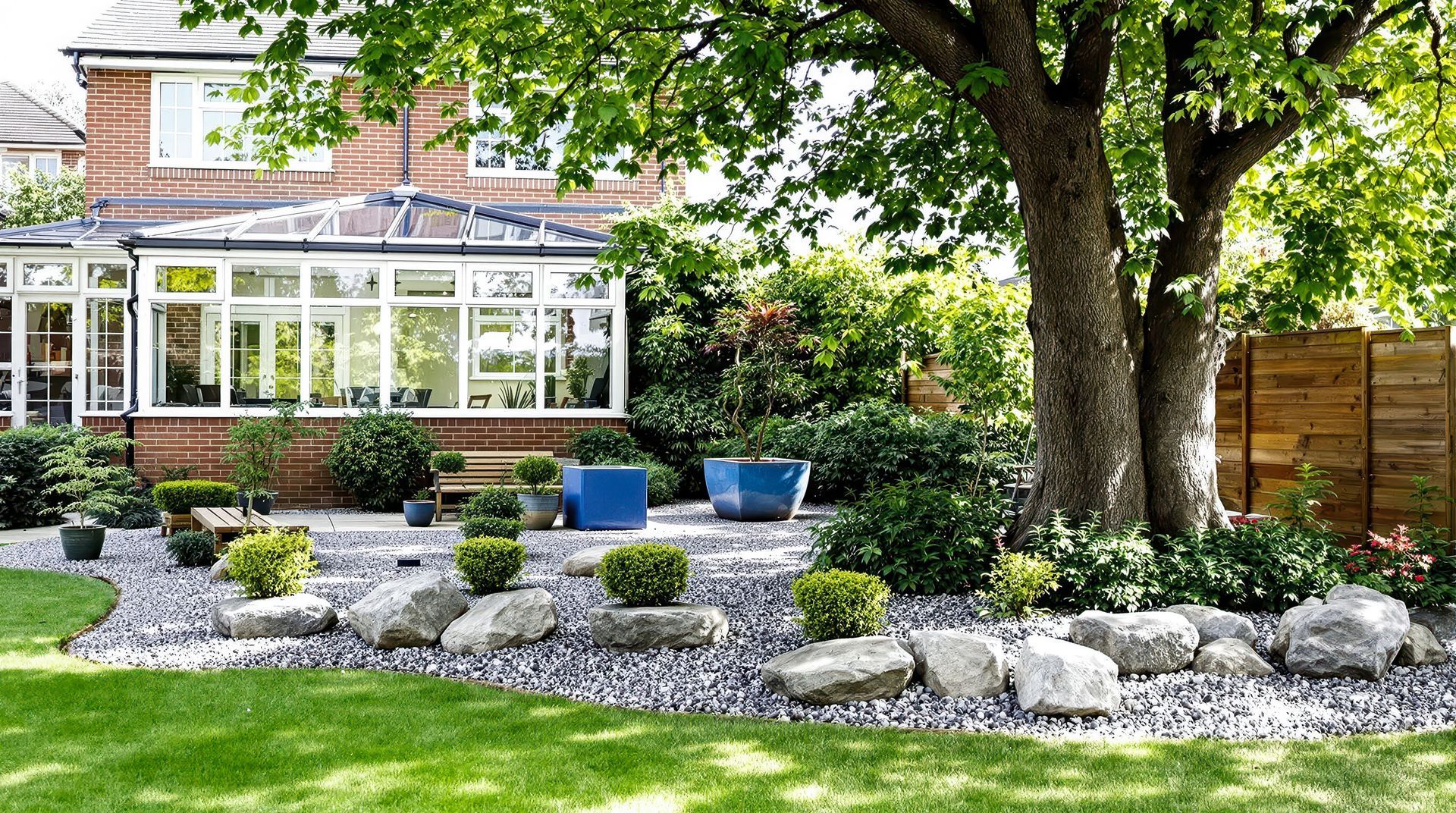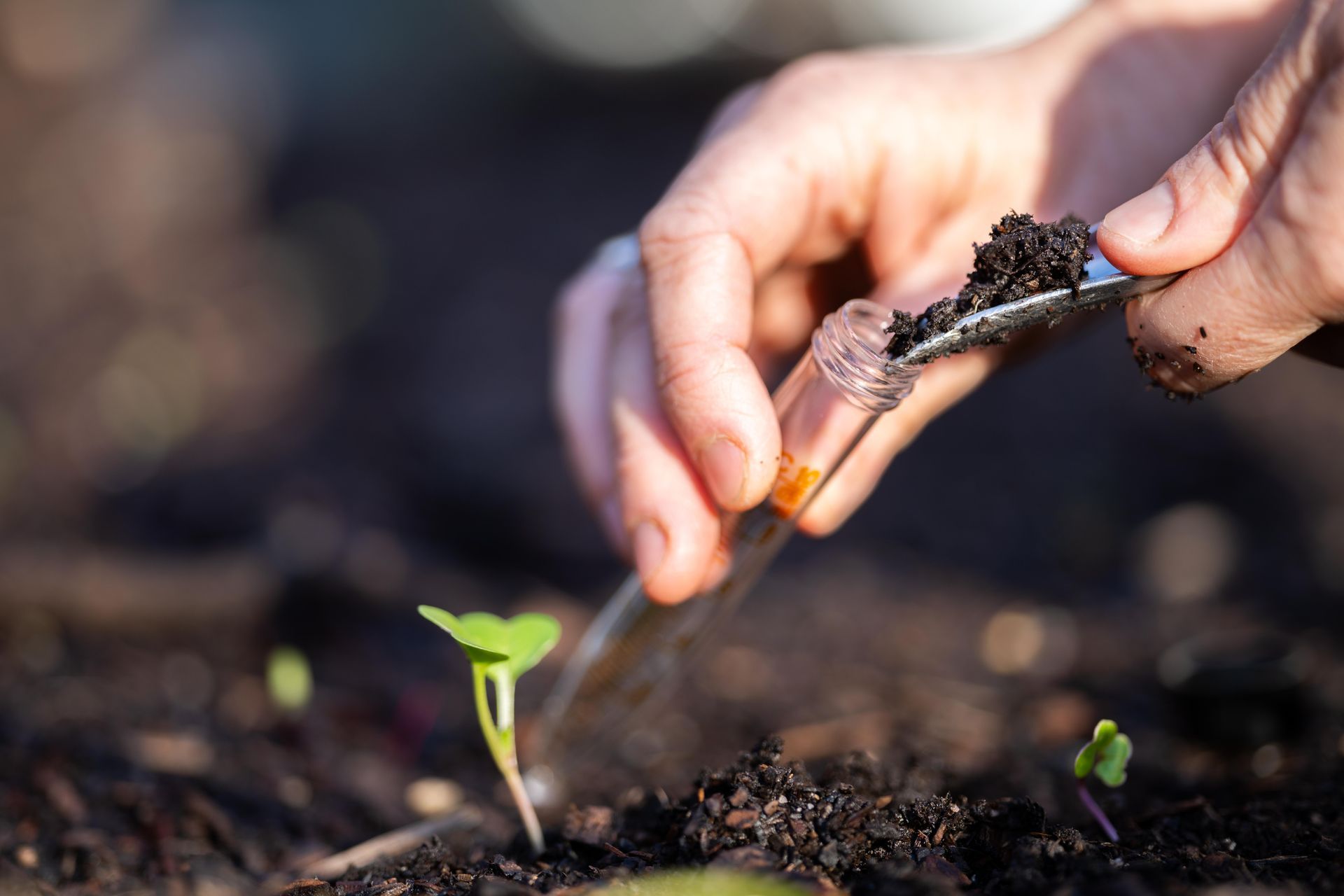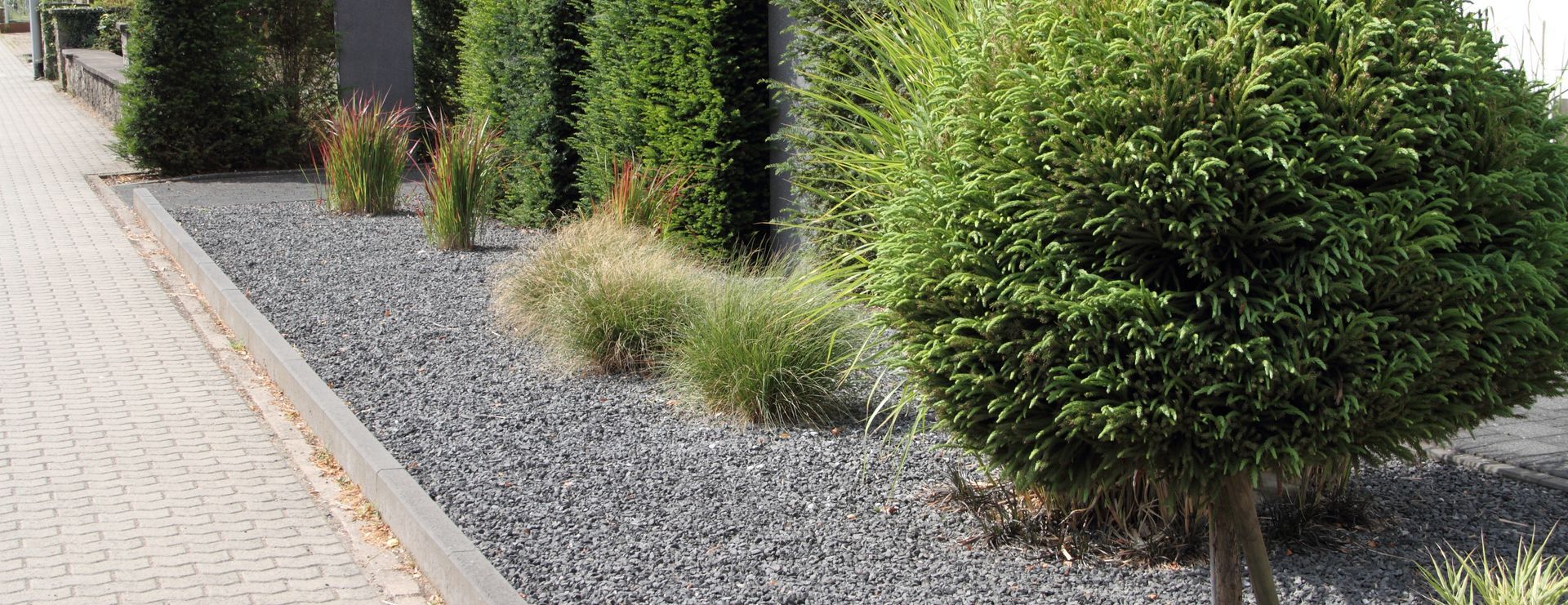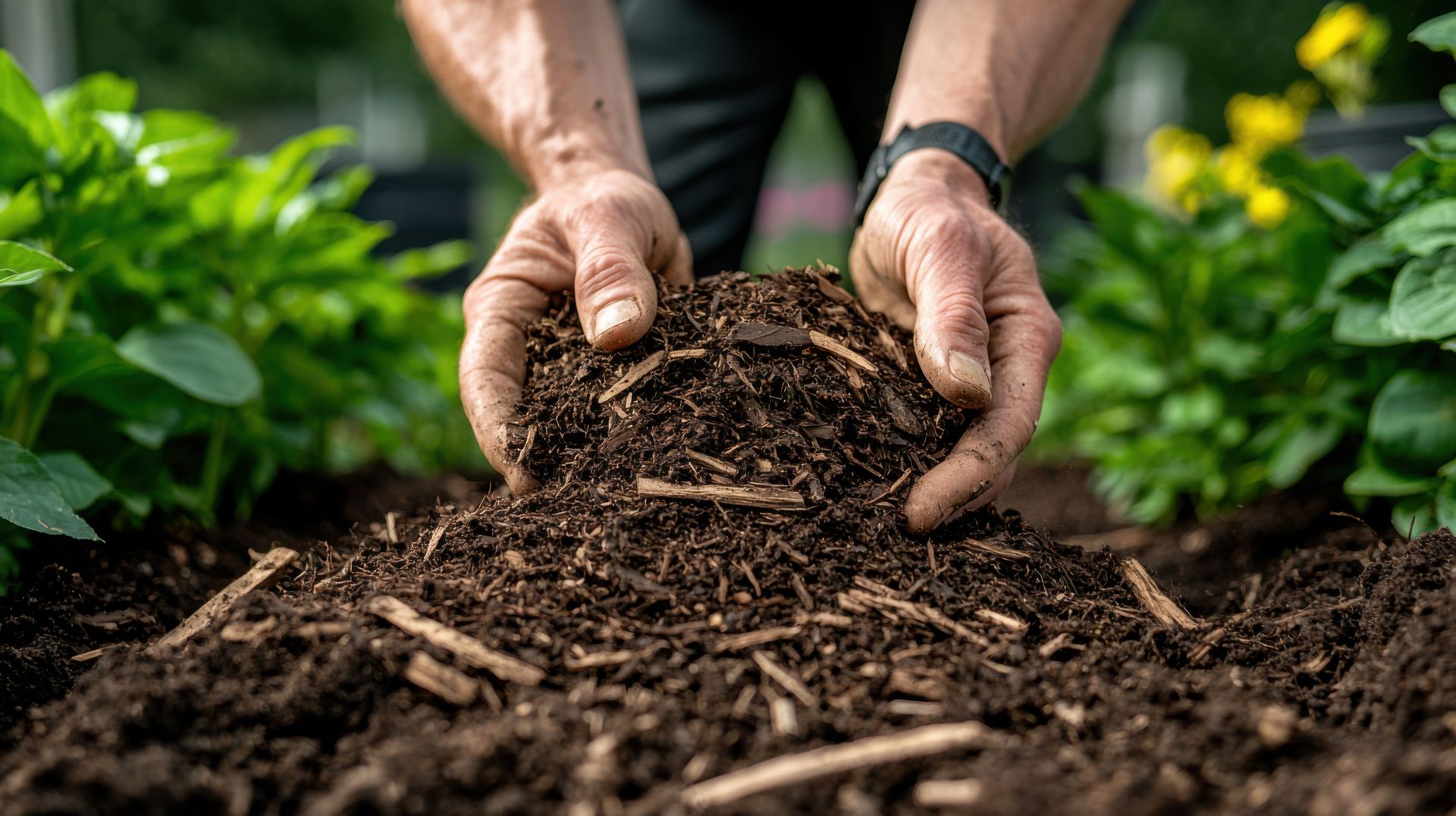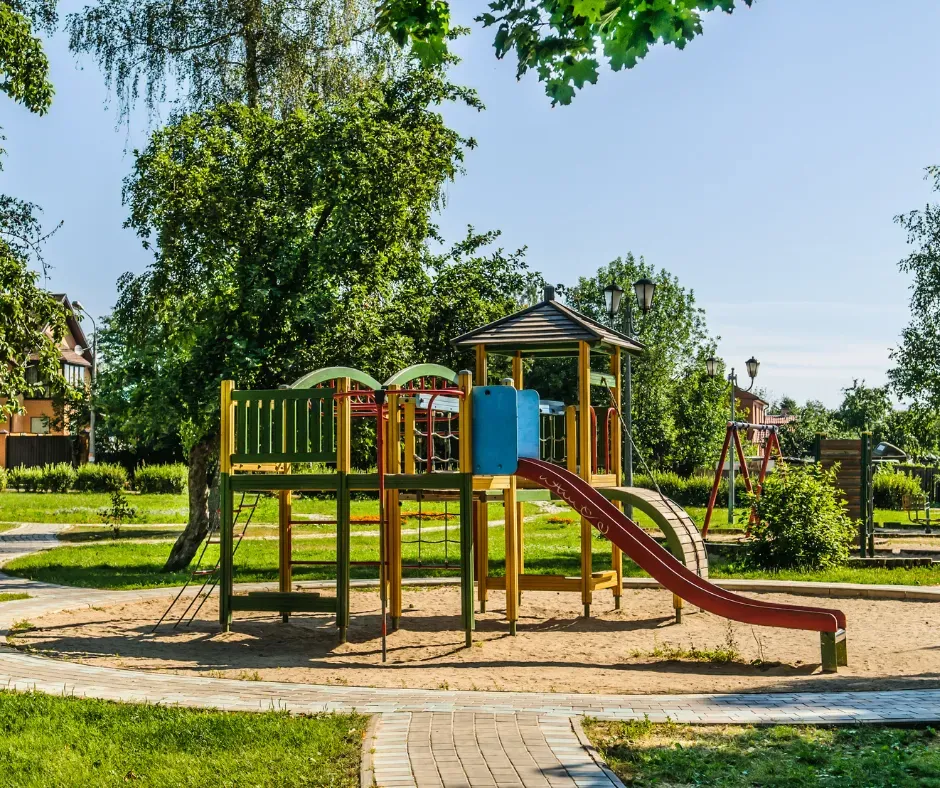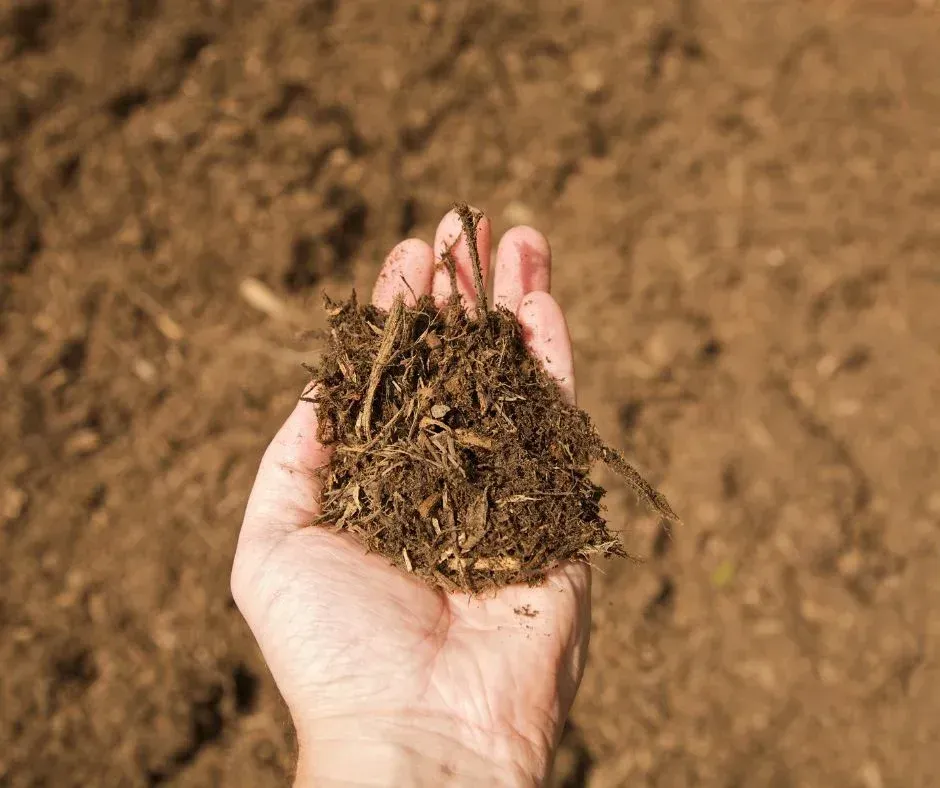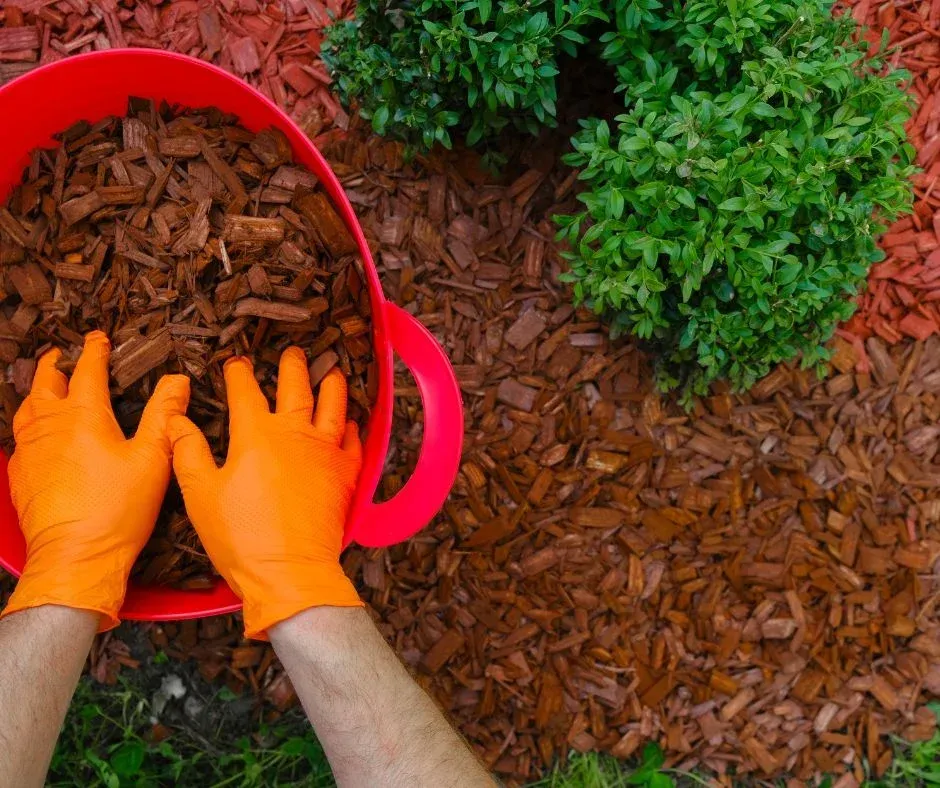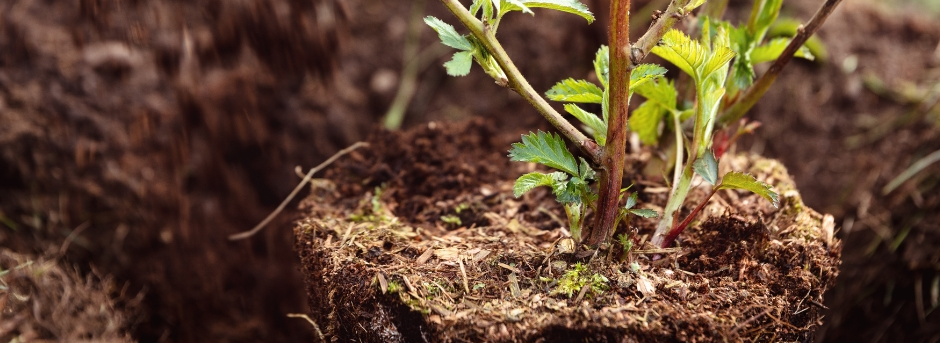Mulch: How It Boosts Your Garden's Growth
Mulch is an essential component in any garden enthusiast's toolkit, often underestimated for the multitude of benefits it brings to your plants and soil. Whether you're a seasoned gardener or just starting out, understanding how mulch can boost your garden's growth is key to achieving a thriving and vibrant outdoor space. In this article, we'll explore the many advantages of using mulch and provide tips on how to make the most of this invaluable gardening resource.
Mulch: Moisture Retention:
One of the primary benefits of mulch is its ability to retain moisture in the soil. By covering the soil's surface with a layer of mulch, you create a barrier that reduces evaporation, keeping the soil consistently moist. This is especially advantageous during hot and dry periods, as it helps your plants stay hydrated and reduces the need for frequent watering.
Temperature Regulation:
Mulch acts as a natural insulator for your garden soil, helping to regulate temperature fluctuations. It keeps the soil cooler in the scorching summer months and warmer during the chilly winters, providing a more stable environment for your plants' roots. This stability encourages healthier root growth and overall plant development.
Weed Suppression:
Mulch serves as a barrier against weed growth by blocking sunlight from reaching weed seeds beneath the surface. This not only minimizes the competition for nutrients and water but also reduces the need for time-consuming weeding. As a result, your garden can flourish without the interference of unwanted plants.
Nutrient Enrichment:
Over time, organic mulches break down and decompose, adding valuable nutrients to the soil. This natural process enhances soil fertility, creating an environment where your plants can thrive. Additionally, some mulches, such as compost or leaf mulch, directly contribute nutrients, further enriching the soil.
Erosion Control:
Mulch prevents soil erosion by reducing the impact of heavy rainfall and wind. It acts as a protective layer, keeping the soil in place and safeguarding against erosion, which can be particularly beneficial on slopes or in areas prone to runoff.
Improved Aesthetics:
In addition to its functional benefits, mulch also enhances the visual appeal of your garden. It provides a uniform and tidy appearance, making your garden beds look well-maintained and inviting. Mulch comes in various colors and textures, allowing you to customize the aesthetic to your liking.
Mulch is a versatile and indispensable tool for gardeners, offering numerous advantages that significantly contribute to your garden's growth and vitality. From moisture retention and temperature regulation to weed suppression and nutrient enrichment, mulch plays a pivotal role in creating a flourishing garden. So, don't overlook this gardening secret; incorporate mulch into your garden strategy and watch your plants thrive like never before.
